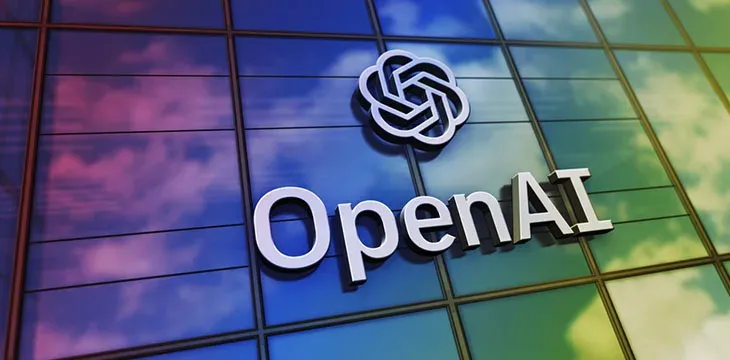OpenAI Leadership Shake-Up: Altman's Exit and Industry Ripple Effects

Yesterday's upheaval in OpenAI's leadership, marked by the unexpected dismissal of CEO Sam Altman and the ensuing resignation of co-founder Greg Brockman, has sent shockwaves through the AI industry. This blog delves into the details of these events, exploring their causes and potential impacts on the future of AI.
Brief overview of Events
- Unexpected Dismissal: Following recent posts on X (formerly Twitter), it's become evident that OpenAI's leadership transition was quite sudden and unexpected. The board publicly declared their decision to remove Sam Altman, citing his lack of consistent candour in communications as the primary reason. (You can read OpenAI's announcement here). This revelation raises questions: Did this transparency issue significantly hinder the board's effectiveness, thereby leading to a notable erosion of trust in Altman's leadership?

Sam Altman's reaction suggests that the board's decision was a shock to him. He expressed his affection and pride for his time at OpenAI, hinting at future plans but not directly addressing the circumstances of his departure.

- Greg Brockman's Departure: In the wake of Altman’s unexpected exit, co-founder Greg Brockman also tendered his resignation, signalling potential underlying issues in OpenAI's leadership and strategic trajectory. Brockman expressed his surprise and reaction to these events on X, further underscoring the abruptness of the situation.

- Community Reaction: Key Silicon Valley personalities, including Airbnb CEO Brian Chesky, have shown support for Altman on X, acknowledging his critical role in OpenAI's growth.

Speculations and Possible Causes
- AI Safety Disputes: There are speculations, including insights from The New York Times, about internal disagreements regarding AI safety, suggesting this could be a factor in the board's decision.
- Conflict of Interest Issues: Altman's involvement in other business ventures and complex deals might have raised concerns about conflicts of interest, potentially influencing the board's decision.

- Perceptions of a Hostile Takeover: The rapid and striking nature of the leadership overhaul has prompted some observers to characterie the situation as akin to a hostile takeover or an internal coup at OpenAI. However, it's important to note that such interpretations, while compelling, remain unconfirmed.
Industry Implications
- Strategic Shifts in OpenAI: The departure of Altman and Brockman could lead to significant changes in OpenAI's approach, especially in areas like AI safety and corporate governance.
- Opportunities for AI Competitors: This period of transition at OpenAI presents a strategic opening for other AI companies to advance and potentially outpace OpenAI's developments.
- Microsoft's Growing Influence: Microsoft, as a major investor, might now play a more dominant role in shaping OpenAI's future strategies and business decisions.

Conclusion
The recent leadership upheaval at OpenAI is a defining moment in the AI sector. From internal debates over AI safety to concerns about transparency and conflicts of interest, the reasons behind these changes are multifaceted and influential. As OpenAI embarks on this new chapter, the broader AI community is keenly observing how these developments will shape the future landscape of artificial intelligence technology.
Find out More
To delve further into these events and their wider implications, I recommend listening to these podcasts. They offer expert analysis and in-depth discussions on the recent OpenAI leadership changes and their impact on the AI industry:
🔗 New York Times' Emergency Pod: Sam Altman is Out at Open AI